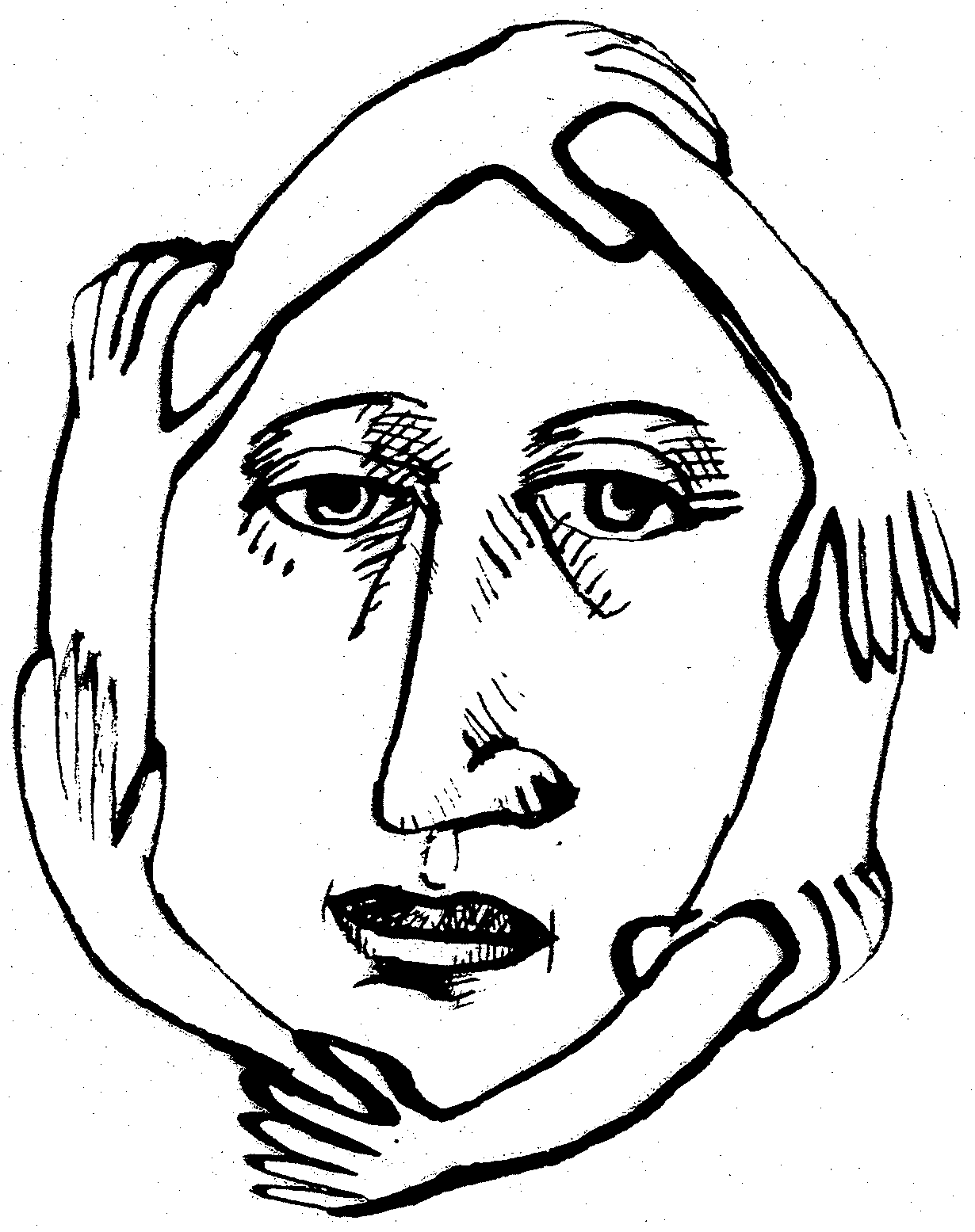Over the past decade or so, just as the Pride Flag has accumulated new stripes and colors at a breakneck pace, so the abbreviation “LGBT” has grown ever more unwieldy, with its endlessly proliferating new letters captured with the shorthand “+.” In the most common version in use today, the final letter listed before the “+” is “A,” usually understood to refer to “asexual.” This is an appropriate place to punctuate the list, because contrary to what many might have expected from the forward march of sexual liberation, more and more people are having no sex at all.
Back in 2018, Atlantic writer Kate Julian introduced the term “sex recession” to describe a widely reported downturn in sexual activity among young people. Subsequent reports have confirmed and extended this finding. A 2021 survey found significant decreases in all sexual activity, including solo masturbation, across all age groups, and around a quarter of respondents to the biannual General Social Survey have reported having had no sex during the prior year for several years running. The so-called incel (involuntary celibate) identity has been forged out of a sense of grievance about this new reality. Conversely, one way to grasp asexuality might be as an attempt to forge a liberating identity out of the sex recession. Taken this way, “A” marks a rupture within the inexorable cascade of identities unleashed by the sexual revolution—a point at which sexual liberation takes the paradoxical form of a radical disassociation from sex.
“‘Asexual’ marks a split between language and action.”
The decoupling of sexual identity from sex is evident beyond asexuality itself. Many of the more obscure terms presumably encompassed by the “+” that follows the “A” would provoke instant bewilderment for anyone outside certain niche online subcultures—for instance, consider the 146 “androgynous genders” listed on lgbtqia.wiki, from “ambinary” (“someone who experiences both binary genders simultaneously) to “yurikangender” (“gender that feels mostly feminine or mostly connected womanhood and is also a little bit androgynous/masculine”). Part of what makes such terms so befuddling is that they lack any tangible referent outside the ethereal interiority of the person claiming them. They have little, if anything, to do with sex.
